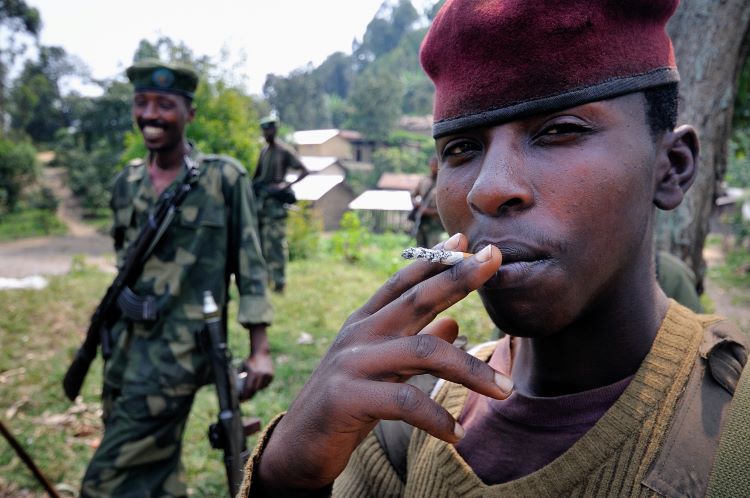Eduardo González
Foreign Minister José Manuel Albares has welcomed the signing of the Framework Agreement between the Government of the Democratic Republic of Congo (DRC) and the rebel group March 23 Movement (M23), which took place this Sunday in Doha, the capital of Qatar.
“I welcome the signing in Doha of the Agreement between the Government of the DRC and the M23, a further step towards peace and stability in the Great Lakes region,” Albares wrote on social media. “I thank Qatar for its determination and mediation efforts in reaching the agreement, and the parties for their constructive spirit,” he added.
The Government of the DRC and the M23 have signed a Framework Agreement in Doha that includes eight protocols intended to serve as the basis for a final peace agreement. The UN peacekeeping mission in the DRC (MONUSCO) has welcomed the signing of the Framework Agreement, “which establishes guiding principles for moving towards a lasting cessation of hostilities, participatory national governance, and genuine reconciliation,” and emphasized that the text establishes the “absolute priority of protecting the civilian population.”
Peace talks began last April, mediated by Qatar. Last July, the Kinshasa government and the M23, an armed rebel group operating in North Kivu province in eastern DRC with Rwandan support, signed a declaration of principles in Qatar that calls for a permanent ceasefire in the country and the start of negotiations for a comprehensive peace agreement beginning August 1.
On that occasion, the Spanish government also welcomed the signing of the declaration of principles, which was to be “a further step towards regional peace and stability,” and called for “compliance with the commitments made to move towards a lasting peace.”
However, the two sides were unable to meet the August 18 deadline for finalizing the peace agreement outlined in that declaration of principles, which was supposed to be “aligned with the Peace Agreement between Congo and Rwanda facilitated last June by the United States,” according to the declaration. The M23 is the most significant armed group in eastern DRC, a region rich in strategic minerals used in mobile phones and electric vehicles.
In mid-October, the two sides signed an agreement in Doha, Qatar, to establish a Ceasefire Monitoring and Verification Mechanism. The new Doha agreement stipulated the creation of a body tasked with monitoring the ceasefire, composed of representatives from the DRC and the M23, with the participation of the UN mission in the DRC (MONUSCO) and observers from Qatar, the United States, the African Union (AU), and the International Conference of the Great Lakes Region (ICGLR).
The conflict between the DRC and the M23 intensified in late January after the militia seized control of Goma, the capital of North Kivu province, and advanced toward Bukavu, the capital of South Kivu. Prospects for a negotiated solution to the conflict were revived with the signing of a ministerial-level peace agreement between the DRC and Rwanda in Washington on June 27, as well as with the aforementioned declaration of principles adopted the following month by the M23 and the government in Kinshasa.
